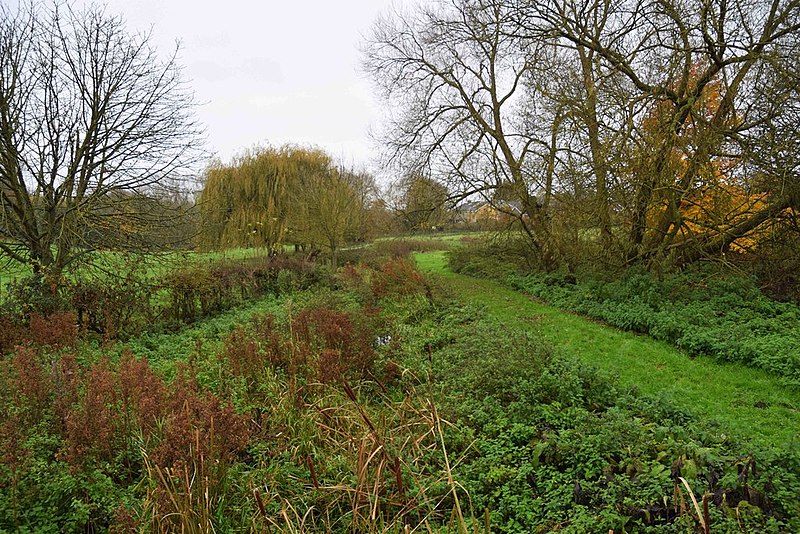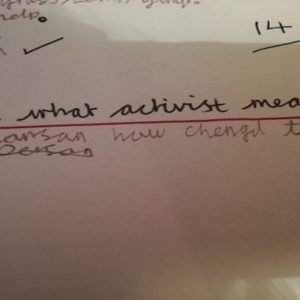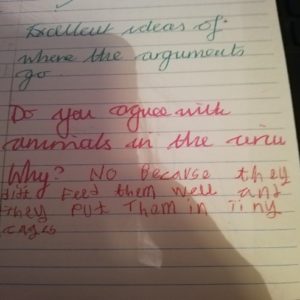Geography

Welcome to Geography at John Hampden School!
To study Geography is to study people, their behaviour and the environment in which they live. We study a broad range of relevant Geographical Topics – from Forest Areas of the World to How Partite has affected South Africa. Through these subjects, our children develop a strong sense of identity and understanding of their future roles and responsibilities in our ever-changing world. Pupils are immersed in fascinating topics which not only engage and inspire, but help to create independent, motivated and committed life-long learners who understand the complexity of people’s lives, prepared for the road ahead and determined to make a difference. Our Geography is closely linked to our History topics ensuring children gain an insight into past and present contexts – comparing these across the ages. We also ensure our Geography is closely linked to our PSHE topics, for example how we as citizens shape our local or world Geography.
Intent:
- Enable children to gain knowledge and understanding of places in the world.
- To increase children’s knowledge of other cultures.
- To allow children to learn graphic skills, including how to use, draw and interpret maps.
- Recognise how people all over the world are linked by travel and trade.
- To enable children to know and understand environmental problems at a local, regional and global level.
- Provide opportunities to understand the multi-cultural world in which we live and to celebrate its rich diversity.
- Enable the children to debate issues, appreciate uncertainties and propose solutions to problems.
- To enhance critical and creative thinking and to ensure we challenge rigid thinking about the world.
- To compare and contrast different locations across the world
Implementation:
We teach Geography as Topics – we ensure we teach both discrete lessons alongside intertwining our Geography topics into our English, Maths and other foundation subjects. We liaise closely with Lord Williams Secondary School, to ensure our learning is relevant in preparing pupils with the skills required to enter KS3. We want our pupils to leave John Hampden having a greater sense of the wider world – both in terms of known facts but also to create critical approach to knowledge – asking and answering those challenging questions which require our pupils to describe, explain and justify their thinking. As a team ,we have chosen topics across our school which reflect our wider school community as well as ensuring we contrast this with the wider world – enabling our pupils to identify similarities and difference between themselves and others. Within KS 1,pupils will place themselves in the local community – how can they make their local area safer? What are the implications of a market on the town we live in? Within Ks 2, we build upon these concepts in the wider world – examining further afield countries and identifying similar and different ways of life to our own. Gaining a perspective of how life differs across the Globe and learning to be compassionate and considerate to these ways of living. .
Home Learning Ideas:
National Geographic website – worldwide Geographical issues
Hobnob Challenges within Geography:
Within our Topic areas we have a universal school approach to encourage more critical thinking and challenge – we call it the Hobnob Challenge – because as Reception discovered – this is the hardest, most resilient biscuit – and we want to be resilient learners!
We encourage, through carefully planned questions, children to be in the Learning Pit and to use resources, themselves and each other to learn and progress out of the learning pit – to ensure knowledge is internalised but that their view or opinion of it is questioned.
Words to question
- Reason
- Select
- Choose
- Decide
- Justify
- Debate
- Argue
- Recommend
- Assess
- Discuss
- Prioritise
- Determine
- Create
- Invent
- Compose
- Design
- Imagine
- Propose
- Devise
- Formulate
- Explore
Examples in children’s work

